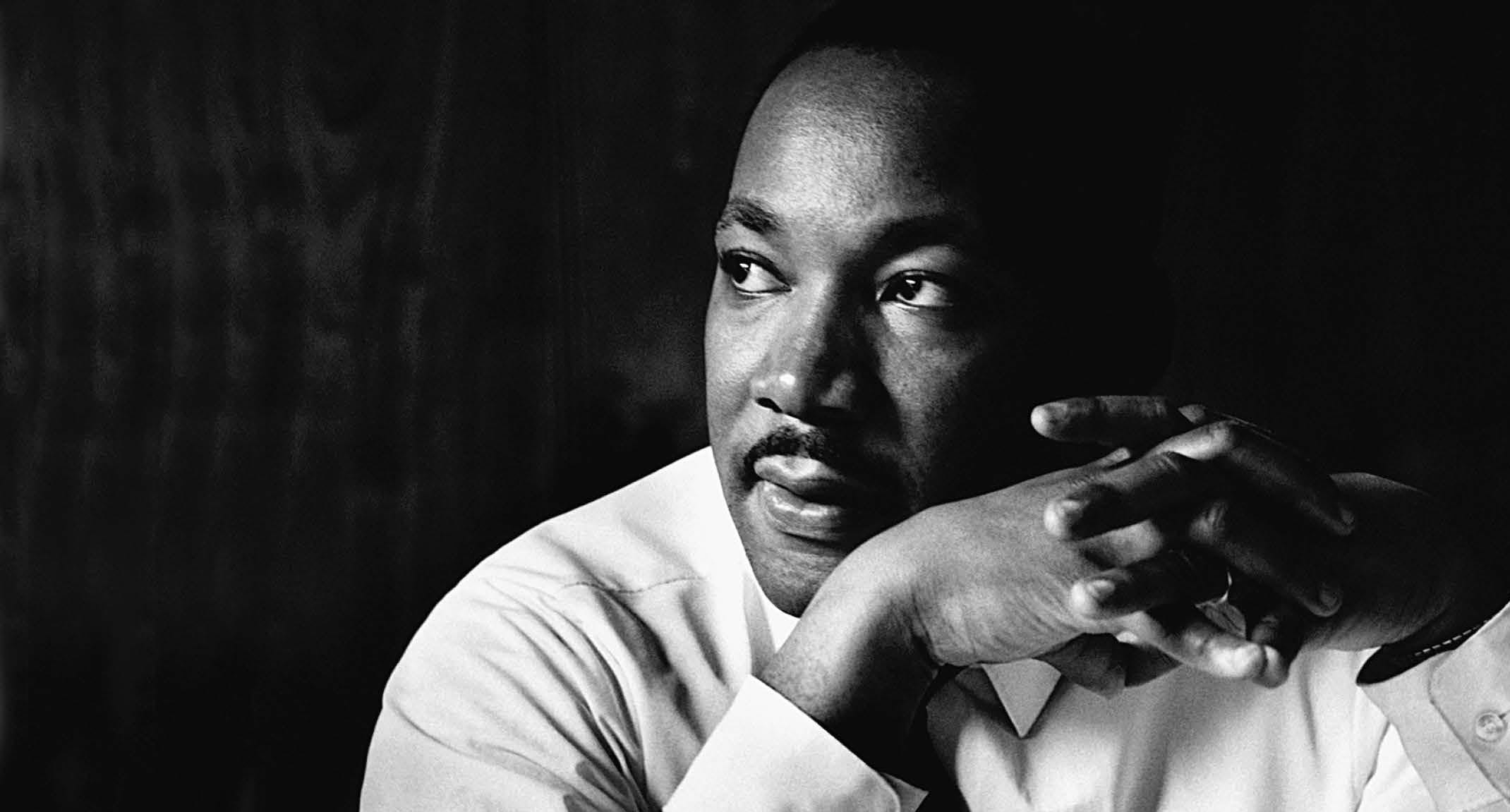Enlarge

Photo Source: United States Embassy in Argentina
“What would Martin Luther King do if he were here today in our Latin America? With no doubt, he would certainly be denouncing the inequality that affects black populations, claiming for them to have fairer working conditions. He would be inspiring us. He would be making history.”
So writes Anny Ocoró Loango, professor at the Latin American Faculty of Social Sciences whose scholarship focuses on ethnic-racial issues, and presenter at a panel discussion, The Legacy of Dr. Martin Luther King Jr., From the Argentine Context, held in early February. Centered around the topic of inclusion, NYU Buenos Aires (NYUBA) hosted the event, which was organized by the United States Embassy in Argentina.
Convening academic and practitioner perspectives, the panelists also included: Madoda Ntaka, an anti-discrimination attorney; Miriam Gomes, president and co-founder of the Diáspora Africana en la Argentina (DIAFAR) and scholar on the influence of African culture in Argentinian society; and Nengumbi Sukama, founder and executive director of the Argentine Institute for Equality, Diversity and Integration (IARPIDI). From legal, academic, and human rights perspectives, the panelists considered how Dr. King would address the current struggles of Afro-descendants, and how his legacy has informed the work of activists historically and today. An audience of embassy personnel, members of Afro-Argentine advocacy organizations, city of Buenos Aires representatives, as well as members of the NYU community, came together to engage in open-format conversations with the presenters.
“The space itself allowed for people of color, as myself, to feel heard in a safe room with others that acknowledge the plight of sticking out in a country that has done a lot in the past to white wash certain parts of history,” said Fanny Yayi Bondje, a junior studying away at NYUBA in the Global Liberal Studies program with a concentration in Politics, Human Rights, and Development. “The panelists were vulnerable and shared stories where they have been targeted with racist acts and words by neighbors, coworkers, and even strangers on the street. They have used those experiences to make them fight harder for what’s right and have been inspired by activists all around the world, such as Dr. Martin Luther King. They shared some of their favorite quotes from Dr. King but they also shared the names and legacies of influential Afro Argentines figures, who are often not talked about in history or today. For example, Bernardino Rivadavia, the first Argentine president was of Afro-descent.”
“To talk about leaders and activists who gave their life for equality, justice and integration is a way of disseminating their legacy to our generation and future ones to come,” said South African and Argentine lawyer Madoda Ntaka. Providing pro-bono work on anti discrimination cases to the Afro-descendant community, he hopes to promote justice and increase understanding of racial issues in the City of Buenos Aires.
Growing up in an environment of activism, Ntaka’s father Simon “Blues” Kotsi Ntaka, was a musician and militant from South Africa. “[He] also fought for the rights of those in the African Diaspora. As an active member of the African National Congress, he dedicated his life to fighting the apartheid system in South Africa until 1965, when he was forced into exile in Argentina. […] So I feel connected with the struggle that many African and Afro-American leaders have undertaken in the US, Africa and the Americas as a whole.”
The topics of inclusion, diversity, belonging, and equity (IDBE), said Site Director Anna Kazumi Stahl, inform some of the events and academic projects at NYUBA, including Fall 2019 Global Equity Fellow Brian Ruiz’s collaboration with three local experts — Sandra Chaga, Cleonice Da Silva, and Maria Isabel Soares — on a workshop on the history, dance, and culinary culture of Afro-Descendants. “IBDE is a deeply important issue — indeed a core concern — for us in BA. Many staff and faculty have a heightened experience of such and engage in research and/or activism vis-a-vis this theme. At the same time, we very much want to continue to develop more ways to bring attention to these themes as they play out in this local context.”
The panelists agreed that one of the major problems today is the lack of education about the long history of Afro-Argentine presence and their contributions to the country. Reflecting on the ideas discussed, Bondje noted, “I can only imagine how much could change if children in schools were taught about them and could see them in this beautiful way, how different Argentina would look today.”